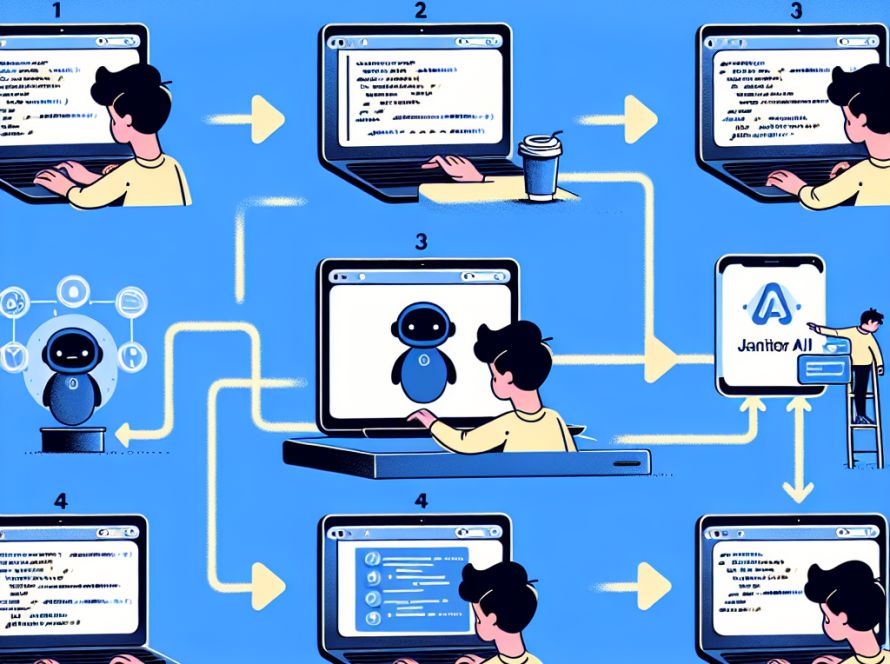Advancements in large language models (LLMs) are making strides in the field of automated computer code generation in artificial intelligence (AI). These sophisticated models are proficient in creating code snippets from natural language instructions due to extensive training on large datasets of programming languages. However, challenges remain in aligning these models with the intricate needs of human programmers.
Researchers from Fudan NLPLab, Huazhong University of Science and Technology, and KTH Royal Institute of Technology introduced StepCoder to overcome these challenges. StepCoder, a reinforcement learning (RL) framework for code generation, optimizes the code creation process to align it more effectively with human intent. It consists of two main components: the Curriculum of Code Completion Subtasks (CCCS) and Fine-Grained Optimization (FGO).
The CCCS component subdivides the task of generating long code snippets into more manageable tasks, making the learning process more feasible. As the model progresses, it moves from completing simpler chunks of code to creating whole programs based on user-provided prompts. The FGO component meanwhile, optimizes this process by using dynamic masking techniques to focus on executed code segments and disregarding irrelevant portions. This approach leads to code that is not only functionally sound but more closely matches the programmer’s intentions.
StepCoder was rigorously tested against existing benchmarks, demonstrating superior performance in generating code that fulfilled complex requirements. Its efficient navigation of the output space and production of functionally accurate code sets a new standard in automated code generation.
This research signifies a crucial step towards bridging the gap between human coding intention and machine-generated code. The introduction of StepCoder unfurls the potential of reinforcement learning in transforming AI programming interaction. The insights gleaned from this study pave a promising path towards more intuitive, efficient, and effective code generation tools, potentially redrawing the landscape of software development and AI.
Readers eager to delve deeper into StepCoder and other related research are invited to read the paper, follow the project team on Twitter and Google News, join the ML SubReddit, Facebook Community, Discord Channel, and LinkedIn Group, sign up for the newsletter, and join the Telegram Channel. Credit for this research goes to the project’s research team.

